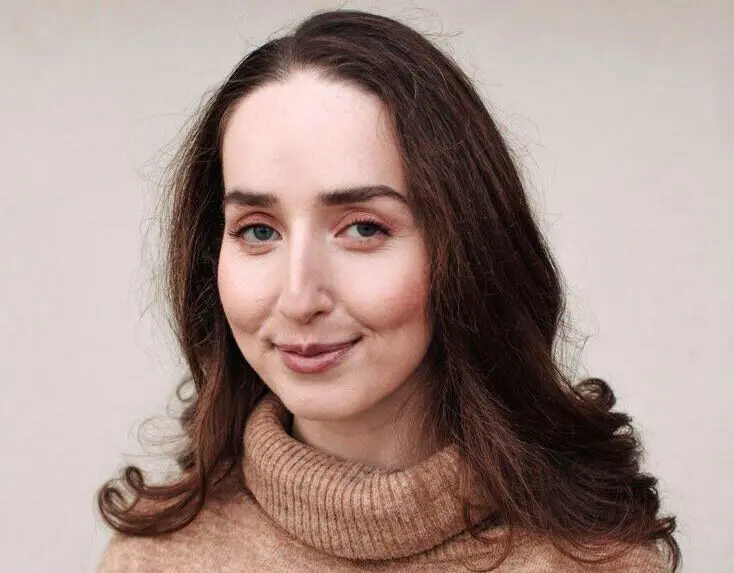Hastings Center News
Hiland Honored for Chatbot Warning
Chatbots powered by artificial intelligence, smartphone applications, and other “telemental” services are promoted as innovative solutions to skyrocketing rates of depression, anxiety, and mental distress. But they pose an array of harms, writes Emma Bedor Hiland in “How Smart Tech Tried to Solve the Mental Health Crisis and Only Made It Worse,” the winner of the 2022 David Roscoe Award for an Early-Career Essay on Science, Ethics, and Society. The essay was published in The Hedgehog Review.
Bedor Hiland, an assistant professor of communications at the College of Saint Rose in Albany, N.Y., focuses on Crisis Health Line, a nonprofit organization that provides free mental health text messaging services and crisis intervention tools, but was found to share and sell users’ private data without their permission.
“The harsh reality,” Bedor Hiland writes, “was that even mental healthcare is not immune from commodification, despite the risks of aggregating and sharing information about experiences and topics which continue to be stigmatized.”
Concluding that technology cannot provide a “quick fix to an overburdened healthcare system,” Bedor Hiland urges organizations that provide mental health interventions “to take concrete, proactive steps to prioritize user privacy.”
The David Roscoe essay award is given annually to recognize an essay on the social and ethical implications of advances in science and technology written in a style that is accessible and engaging to a general audience. Public engagement through writing is a critical commitment of The Hastings Center. The award includes a $2,000 prize.
The award is named in honor of the head of The Hastings Center’s advisory council who is a recent past chair of the board. The award will be presented to Bedor Hiland at the annual meeting of the American Society for Bioethics and Humanities on October 28.

